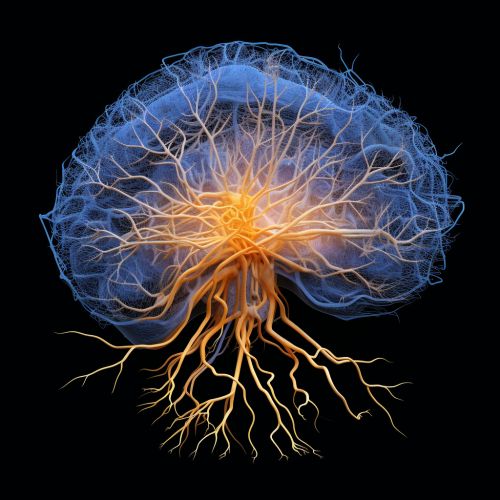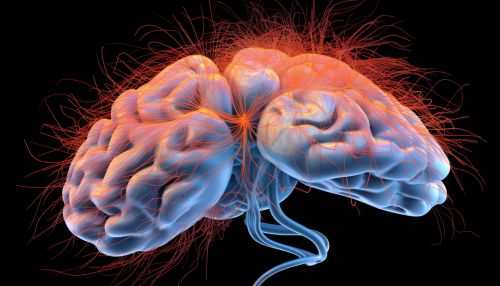The Science of Human Emotional Regulation
Introduction
Human emotional regulation refers to the processes by which individuals influence their own emotions, when they have them, and how they express them. Emotions are complex reactions to stimuli, involving subjective, physiological, and expressive responses. Emotional regulation, therefore, involves managing the onset, intensity, duration, and expression of these emotions. This article delves into the science behind these processes, exploring the psychological and neurobiological mechanisms involved, as well as the factors that influence emotional regulation and its implications for mental health.


Psychological Mechanisms of Emotional Regulation
Emotional regulation is a complex process that involves several psychological mechanisms. These include cognitive reappraisal, emotional suppression, and mindfulness, among others.
Cognitive Reappraisal
Cognitive reappraisal is a strategy that involves changing one's interpretation of a situation to alter its emotional impact. This strategy is often used in cognitive behavioral therapy (CBT), where individuals are taught to challenge and reframe negative thoughts.
Emotional Suppression
Emotional suppression, on the other hand, involves inhibiting the outward expression of emotions. While this strategy can be effective in the short term, research suggests that it can lead to increased physiological arousal and negative emotional experiences in the long term.
Mindfulness
Mindfulness involves maintaining a moment-by-moment awareness of one's thoughts, feelings, bodily sensations, and surrounding environment. This approach to emotional regulation encourages acceptance and non-judgment of emotions, rather than trying to suppress or change them.


Neurobiology of Emotional Regulation
The neurobiology of emotional regulation involves several brain regions, including the amygdala, prefrontal cortex, and anterior cingulate cortex.
Amygdala
The amygdala plays a crucial role in emotion processing, particularly in the detection and interpretation of emotionally salient stimuli. It is involved in both the generation of emotional responses and in the regulation of these responses.
Prefrontal Cortex
The prefrontal cortex is involved in the cognitive control of emotion. This region of the brain is responsible for functions such as decision making, planning, and inhibitory control, all of which are crucial for emotional regulation.
Anterior Cingulate Cortex
The anterior cingulate cortex is involved in a variety of functions related to emotion, including conflict monitoring, error detection, and reward anticipation. It is also thought to play a role in the regulation of emotional responses.


Factors Influencing Emotional Regulation
Several factors can influence an individual's ability to regulate their emotions. These include genetic factors, early life experiences, and mental health conditions.
Genetic Factors
Research suggests that there are genetic influences on emotional regulation. For example, variations in genes related to neurotransmitter systems, such as the serotonin transporter gene, have been associated with differences in emotional regulation.
Early Life Experiences
Early life experiences, particularly those involving attachment relationships, can have a significant impact on emotional regulation. For example, children who have secure attachments with their caregivers are more likely to develop effective emotional regulation skills.
Mental Health Conditions
Mental health conditions, such as depression and anxiety disorders, can also affect emotional regulation. These conditions are often characterized by difficulties in regulating emotions, which can contribute to the symptoms of the disorder.


Implications for Mental Health
Understanding the science of emotional regulation has important implications for mental health. Emotional regulation strategies, such as cognitive reappraisal and mindfulness, are central to many forms of psychotherapy. Moreover, difficulties in emotional regulation are a common feature of many mental health disorders, suggesting that interventions aimed at improving emotional regulation may be beneficial for individuals with these conditions.


